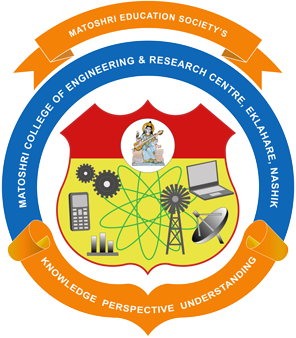
A building is considered as the safest place of shelter. Acquiring the state-of-art-the-knowledge of Civil Engineering is an important step.
Civil engineering is a professional engineering discipline that deals with the design, construction, and maintenance of the physical and naturally built environment, including public works such as roads, bridges, canals, dams, airports, sewage systems, pipelines, structural components of buildings and railways. Civil engineering is traditionally broken into a number of sub-disciplines such as structural engineering, water resources engineering, geotechnical engineering, transportation engineering, water supply engineering, environmental engineering, construction management, railways and bridges engineering etc. Civil engineering can take place in the public sector from municipal public works departments through to federal government agencies.
Civil engineering is the application of physical and scientific principles for solving the problems of society, and its history is intricately linked to advances in the understanding of physics and mathematics throughout history. Because civil engineering is a broad profession, including several specialized sub-disciplines, its history is linked to knowledge of structures, materials science, geography, geology, soils, hydrology, environmental science, mechanics, project management and other fields. The built environment encompasses much of what defines modern civilization. Buildings and bridges are often the first constructions that come to mind, as they are the most conspicuous creations of structural engineering, one of civil engineering's major sub-disciplines.
